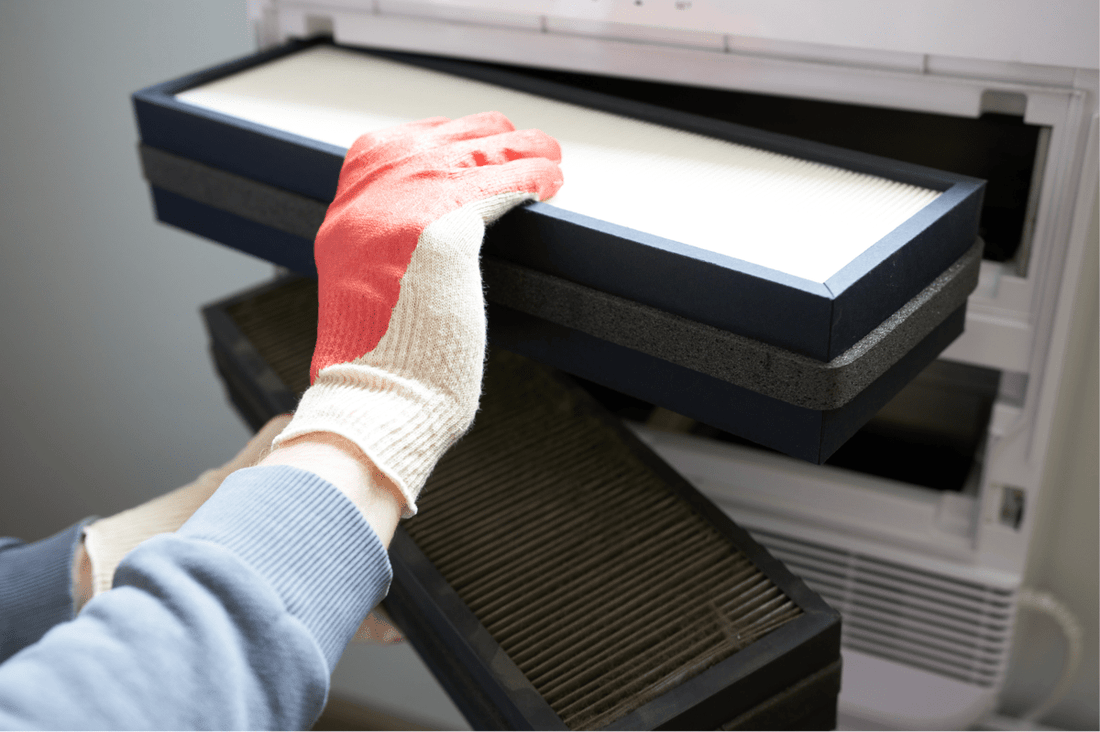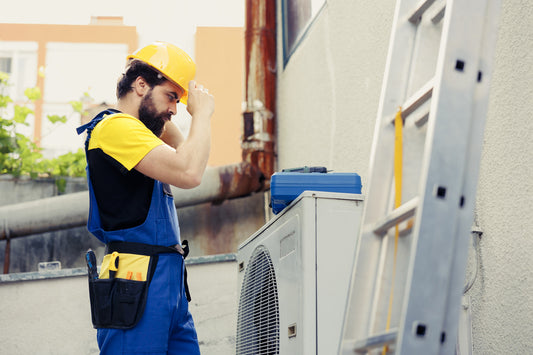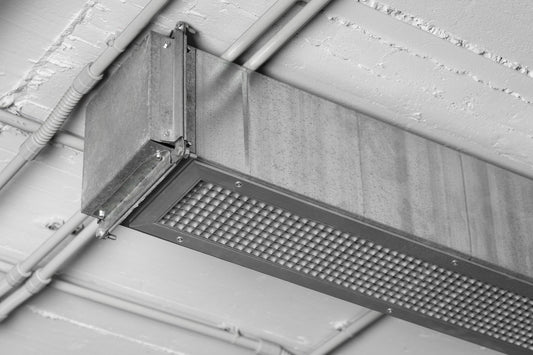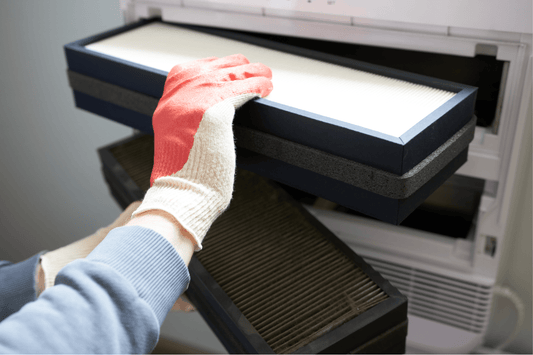In the quest for cleaner, healthier indoor environments, the role of HVAC (Heating, Ventilation, and Air Conditioning) systems is pivotal. Among the various components that enhance the functionality of HVAC systems, carbon filters stand out for their ability to purify indoor air by removing odors, gases, and volatile organic compounds (VOCs). This comprehensive guide delves into the world of carbon filters, exploring their types, benefits, and maintenance, to help you understand why they are an indispensable part of modern HVAC systems.
What Are Carbon Filters?
Carbon filters, commonly known as charcoal filters, are designed to clean the air of gases, hazardous fumes, odors, and VOCs. These filters are especially crucial in environments where air quality directly impacts health and comfort, such as homes, offices, and industrial settings. Carbon filters achieve this through a process called adsorption, where pollutants are trapped on the surface of the filter material.
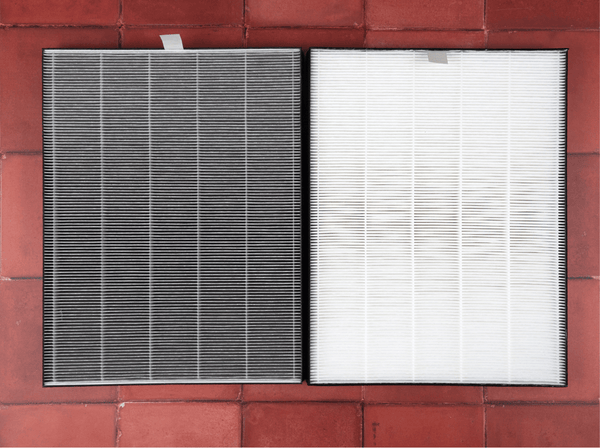
The Science Behind Carbon Filters
The effectiveness of carbon filters lies in the process of adsorption, a phenomenon where pollutant molecules adhere to the surface of the carbon filter instead of being absorbed into it. This process is facilitated by the large surface area of the carbon material, which is designed to maximize the capture of contaminants. The unique structure of carbon filters allows them to trap a wide range of pollutants, from household odors to industrial gases.
The Importance of Activated Carbon Filters
Activated carbon filters represent an advanced form of carbon filtration. These filters are treated to increase their porosity, thereby significantly expanding their surface area. This enhancement allows activated carbon filters to adsorb a broader spectrum of contaminants, making them more effective than standard carbon filters in purifying the air.
How Activated Carbon Filters Enhance Air Quality
The primary benefit of activated carbon filters is their ability to remove a wide array of pollutants, including chemicals, gases, odors, and VOCs. This capability is particularly valuable in settings where air quality is compromised by various sources of contamination. By capturing these pollutants, activated carbon filters significantly improve the indoor air quality, contributing to healthier living and working environments.
The Role of Porosity in Activated Carbon Filters
Porosity is a critical factor in the performance of activated carbon filters. The more porous the filter, the larger its surface area, and the more effective it is at trapping pollutants. This relationship highlights the importance of selecting high-quality activated carbon filters with optimal porosity for your HVAC system.
Benefits of Carbon Filters in HVAC Systems
Incorporating carbon filters into HVAC systems offers several advantages. These filters not only remove unpleasant odors and harmful gases but also significantly mitigate the presence of allergens and pollutants in the air. As a result, they play a crucial role in creating healthier indoor environments, reducing the risk of respiratory problems and enhancing overall well-being.
Removing Odors and Volatile Organic Compounds
One of the most appreciated benefits of carbon filters is their ability to neutralize odors and VOCs. Whether it's cooking smells, pet odors, or emissions from cleaning products, carbon filters effectively maintain a fresh and clean indoor atmosphere, making spaces more pleasant and livable.
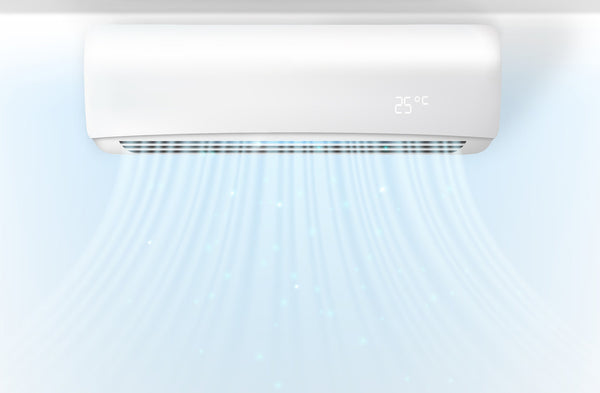
Image by macrovector on Freepik
Combating Allergens and Pollutants
Beyond odors and gases, carbon filters are adept at capturing a range of allergens and pollutants, such as dust, lint, mold spores, and smoke. This capability is essential for anyone looking to improve their indoor air quality and protect against common airborne irritants.
Installation and Maintenance of Carbon Filters
For carbon filters to function effectively, proper installation and maintenance are essential. This involves ensuring that the filters are correctly fitted within the HVAC system and regularly checked for signs of saturation or damage. Regular maintenance helps maintain optimal air purification performance and extends the lifespan of the filters.
When to Replace Your Carbon Filters
Knowing when to replace carbon filters is crucial for maintaining their effectiveness. Signs that a replacement is needed include a noticeable decrease in air quality, persistent odors, or an increase in allergy symptoms among occupants. Typically, carbon filters should be replaced every 3 to 6 months, depending on usage and the level of pollutants in the environment.
The Future of Air Purification in HVAC Systems
As technology evolves, so do the methods and materials used in air purification. Innovations in carbon filter technology and the development of more efficient air purification systems are expected to enhance our ability to maintain clean indoor air. These advancements underscore the ongoing importance of carbon filters in achieving optimal air quality.
Real-world Applications of Carbon Filters
Carbon filters find applications in a wide range of settings, from residential homes to commercial buildings and industrial facilities. Their versatility and effectiveness in improving air quality make them a valuable component of any HVAC system.
Choosing the Right Carbon Filter for Your HVAC System
Selecting the appropriate carbon filter for your HVAC system is vital for achieving the desired air quality. Factors to consider include the size of the filter, its porosity, and the specific air quality needs of your environment. Consulting with air quality experts or HVAC professionals can help you make an informed decision.

Conclusion
Carbon filters are a key element in modern HVAC systems, offering significant benefits in terms of air purification and indoor air quality improvement. By understanding the types, benefits, and maintenance of carbon filters, you can ensure that your HVAC system operates efficiently, providing clean and healthy air for your environment.
FAQs
How often should I replace my HVAC carbon filter?
Typically, carbon filters should be replaced every 3 to 6 months, but this can vary based on the filter's usage and the level of pollutants in your environment.
Can carbon filters remove all types of pollutants from the air?
While carbon filters are highly effective at removing a wide range of pollutants, including odors, gases, and VOCs, they may not capture all types of pollutants, especially very small particles. Combining carbon filters with other types of filters, like HEPA, can provide more comprehensive air purification.
Are there any maintenance tips for extending the life of my carbon filter?
Regularly check your carbon filter for signs of saturation or damage, and ensure it's properly fitted within your HVAC system. Avoid exposing the filter to excessive moisture, as this can reduce its effectiveness.
How do I know which size of carbon filter is right for my HVAC system?
The size of the carbon filter you need depends on the specifications of your HVAC system and the volume of air it needs to purify. It's important to consult your HVAC system's manual or a professional to determine the correct size.
Can activated carbon filters improve the efficiency of my HVAC system?
While activated carbon filters primarily improve air quality by removing pollutants, they can also help maintain the efficiency of your HVAC system by preventing the buildup of contaminants on critical components.

